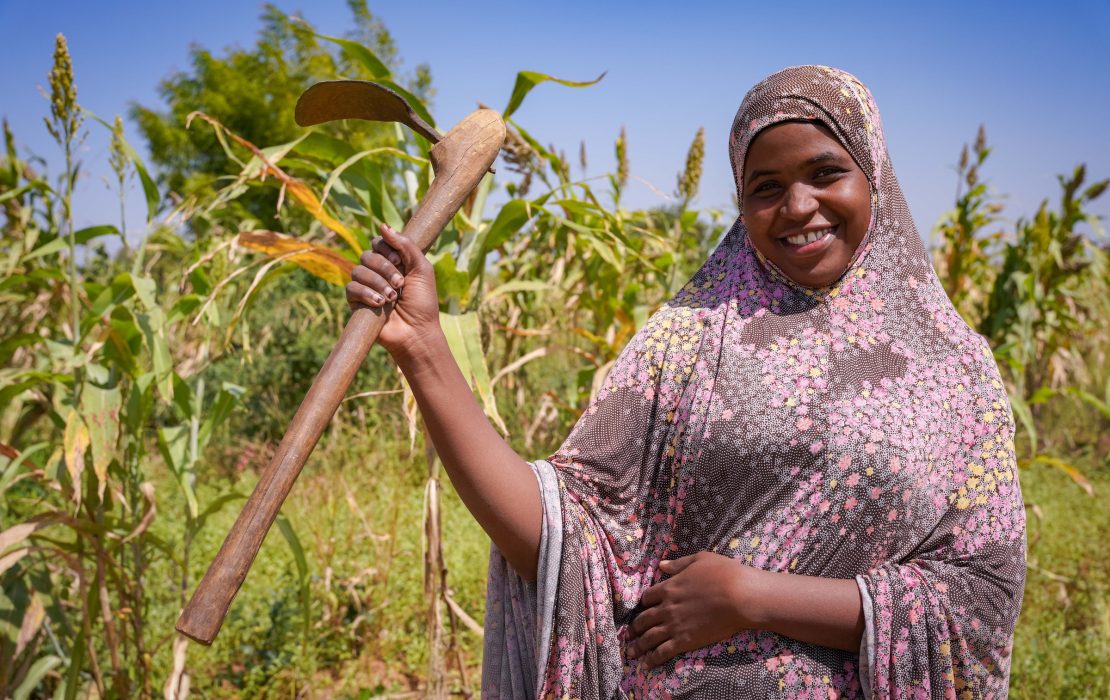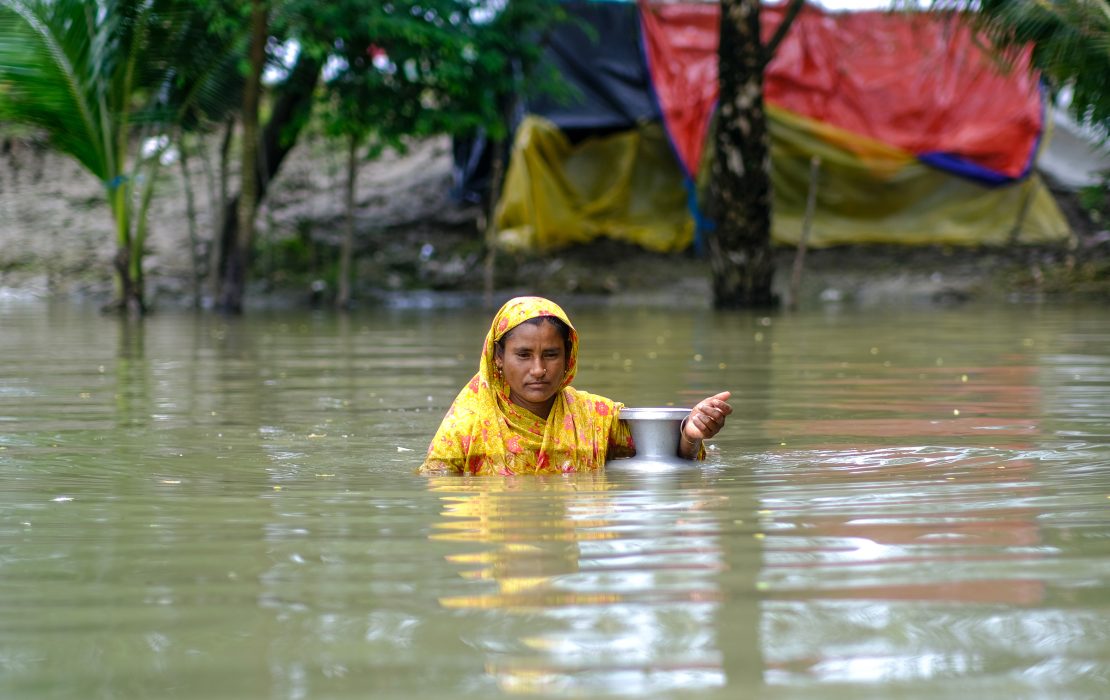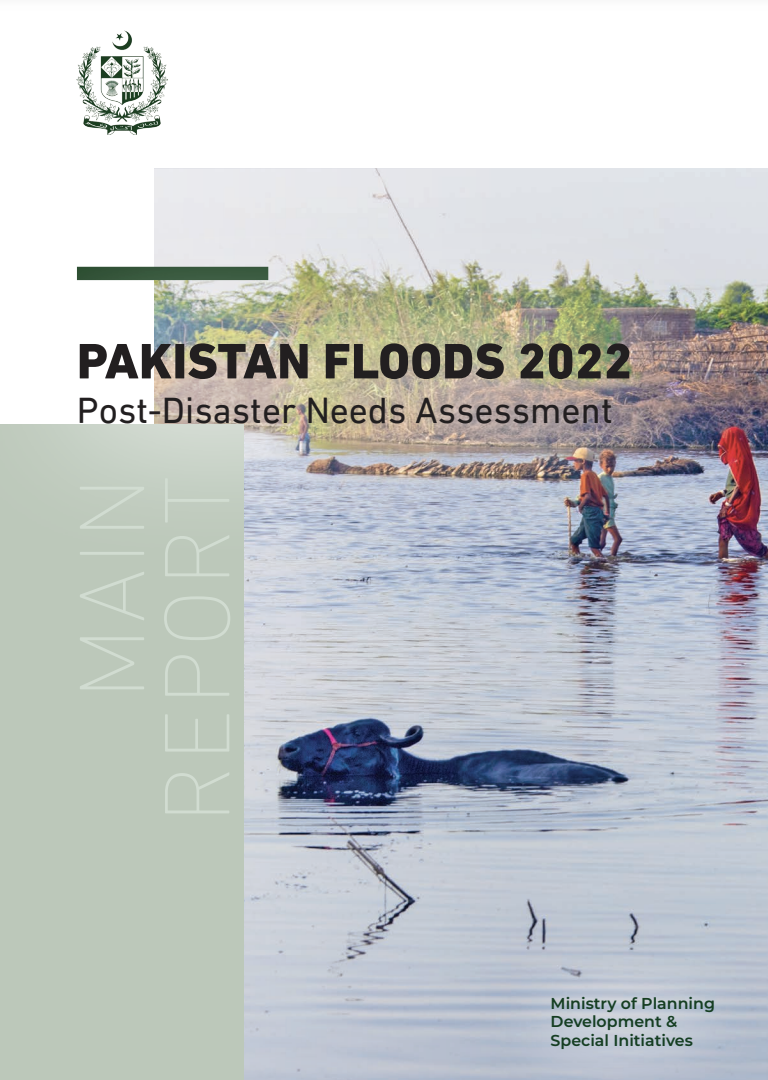1.01%
Share of global GHG emissions
Extracted from the CAIT Climate Data Explorer (2022), developed and maintained by the World Resources Institute. #146
Climate Vulnerability Index ranking
A higher number means a higher vulnerability to climate change. Based on the ND-GAIN Index (2023), developed by the University of Notre Dame. #168
Human Development Index ranking
A lower number means a better human development score. Based on the Human Development Index (2023), developed by UNDP. NDC Status
Pakistan submitted its third NDC in September 2025.
Key highlights from the NDC
- Pakistan's third NDC commits to an economy-wide greenhouse gas reduction target of 50 percent by 2035 compared to business-as-usual.
- Pakistan strengthens its 2030 targets by increasing the unconditional mitigation contribution from 15 percent to 17 percent.
- The adaptation component of the NDC has integrated Pakistan's National Adaptation Plan (NAP) and has stronger and more granular adaptation priorities.
- Pakistan’s new NDC places a strong emphasis on gender equality and social inclusion as part of Pakistan's Climate Change Gender Action Plan (ccGAP) to mainstream gender responsiveness, and engagement with youth, local communities and marginalized groups.
- The new NDC also stresses the importance of just transition and alignment with the sustainable development agenda.
- Pakistan has outlined estimated investment needs of USD 565.7 billion for its climate actions.
- The NDC was supported by UNDP, in collaboration with seven UN entities and other development partners.
NAP Status
Pakistan submitted its NAP to the UNFCCC in 2023.
Latest Publications
See allThe assessment estimates total damages to exceed USD 14.9 billion, and total economic losses to reach about $15.2 billion.




